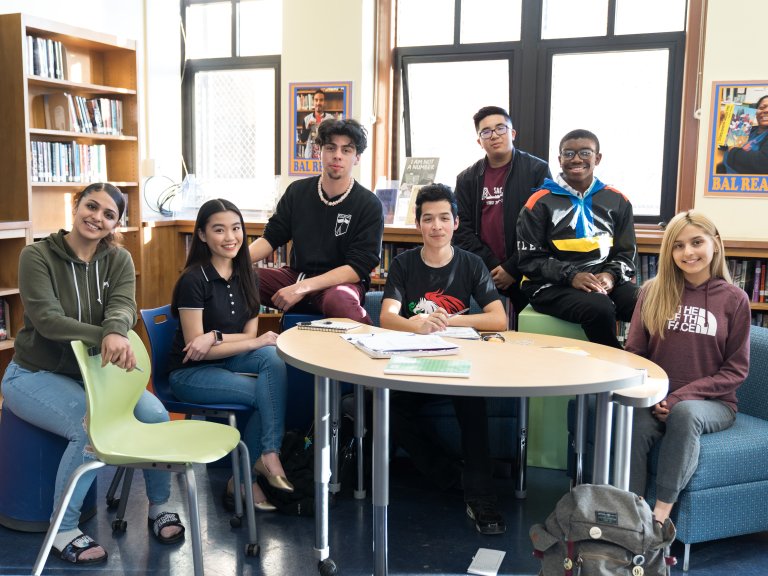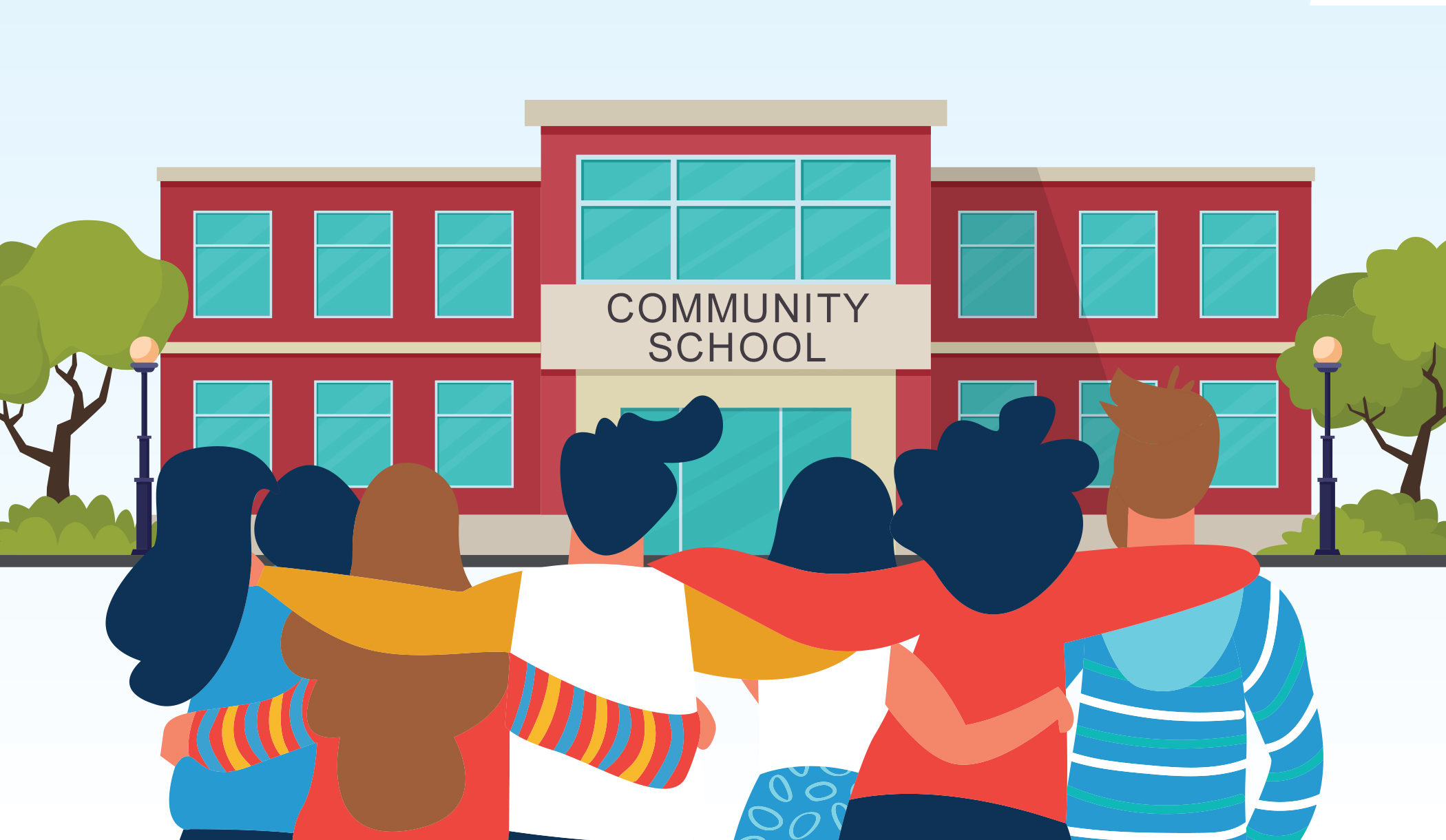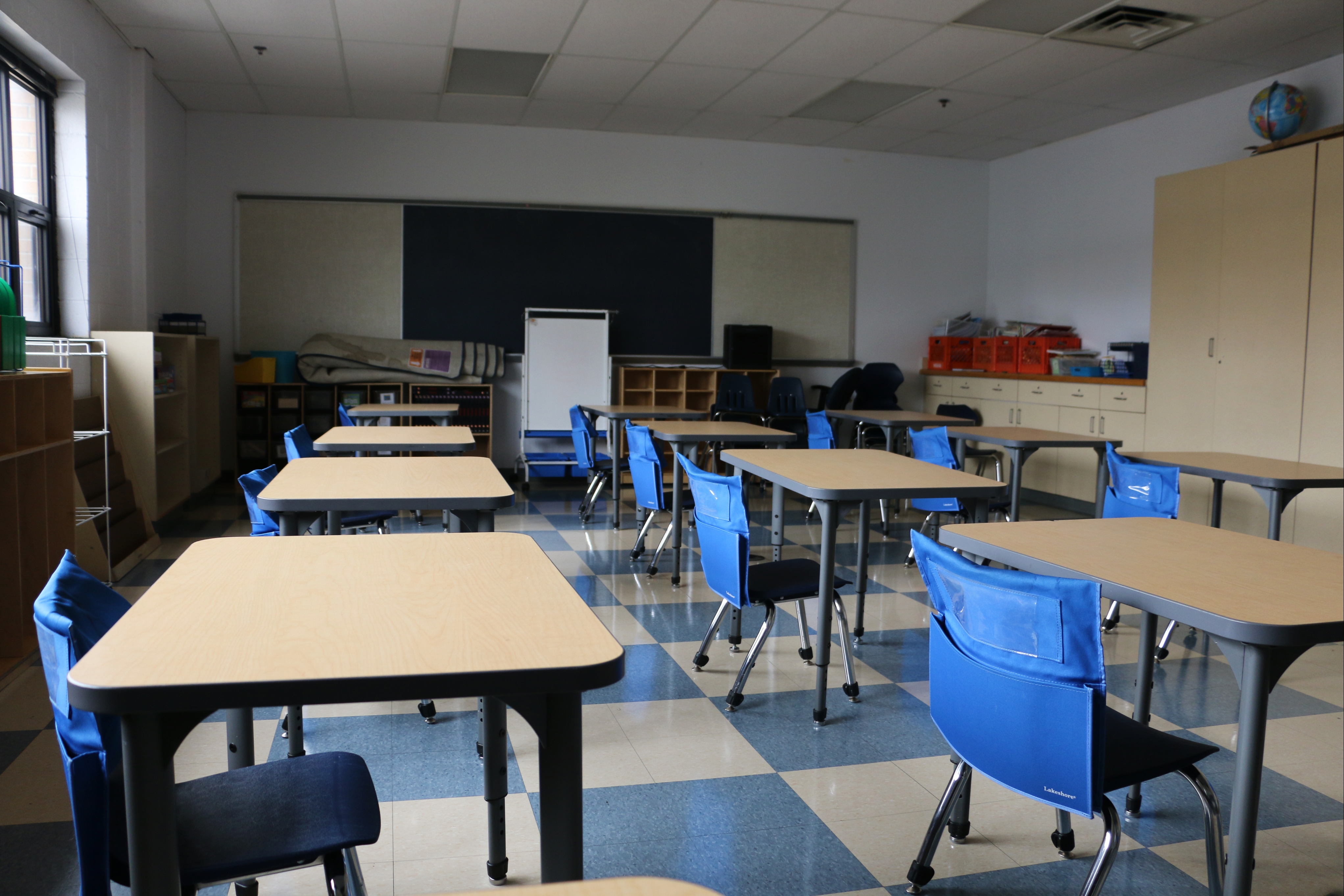Sign up with the Movement to Save Temecula Schools: Community Activity Needed!
Sign up with the Movement to Save Temecula Schools: Community Activity Needed!
Blog Article
How Schools Play an Essential Duty in Shaping Future Leaders and Pioneers
By incorporating project-based understanding and interdisciplinary research studies, educational institutions test students to analyze and manufacture complex information. Teachers serve as mentors, assisting pupils and nurturing their possibility, while extracurricular tasks even more establish management abilities and durability.
Cultivating Essential Believing
In today's rapidly developing world, cultivating important assuming within schools has become paramount. As society comes to grips with progressively complicated global obstacles, the capacity to assess, examine, and manufacture information is crucial. Institutions play a crucial duty in creating these skills, preparing students to navigate and resolve diverse troubles with notified, reasoned decisions.
To grow vital thinking, educators use numerous pedagogical approaches that encourage energetic discovering and intellectual interaction. Class conversations, problem-based discovering, and Socratic examining contribute in promoting analytical and reflective thought processes. By challenging students to question presumptions and take into consideration numerous point of views, these techniques make sure a deeper understanding of subject beyond memorizing memorization.
In addition, incorporating important assuming across the curriculum reinforces its relevance and applicability in diverse contexts. Topics such as mathematics, science, history, and literature each deal special chances to develop students' essential professors. For circumstances, analyzing historic occasions requires recognizing and examining sources context, while scientific query demands rigorous hypothesis testing and evidence-based thinking.
Inevitably, instilling important believing abilities in trainees outfits them with the cognitive tools essential for long-lasting discovering and adaptability. It is with this fundamental competence that future leaders will have the ability to introduce, solve issues, and add meaningfully to culture.
Encouraging Imagination
Accepting creativity within instructional structures galvanizes students to believe beyond standard boundaries and check out innovative options. By incorporating artistic undertakings and creativity exercises into the curriculum, institutions grow a setting where originality and imaginative idea are valued. This technique not just improves the instructional experience but likewise gears up pupils with the capacity to deal with real-world obstacles in novel ways.
University can promote imagination via varied means such as project-based learning, interdisciplinary research studies, and the incorporation of arts and modern technology. Project-based learning, as an example, motivates trainees to use their understanding in sensible, often collaborative, projects that require innovative analytical abilities. Interdisciplinary research studies permit pupils to draw links in between various subjects, consequently expanding their point of views and boosting their imaginative capabilities.
Moreover, providing students with possibilities to involve with arising innovations, such as coding and digital style, further nurtures their imaginative capacity. These activities prompt pupils to experiment, fail, and repeat, which are crucial elements of the innovative process (Save Temecula Schools). By maintaining an encouraging setting where experimentation is motivated, schools can ensure that trainees develop the self-confidence to pursue innovative ideas
Fundamentally, nurturing creativity in academic setups is vital for shaping future leaders and trendsetters efficient in resolving complex worldwide concerns with ingenuity.
Supporting Partnership

Applying group-based discovering modules and participating projects enables students to experience the characteristics of team effort firsthand. This not just prepares them for the joint nature of contemporary work environments but also supports management qualities as they typically need to tackle duties such as project managers or group coordinators. In addition, cooperation in the classroom can break down social barriers and promote inclusivity, making certain that each pupil feels valued and listened to.
Additionally, incorporating modern technology can further support collaborative efforts. Tools like shared interactive platforms and electronic workspaces make it possible for trainees to interact efficiently, even outside the classroom. As students develop these collective skills, they are much better geared up to take on complicated obstacles and introduce, preparing for their future roles as leaders and pioneers.
Role of Teachers as Mentors

Mentorship includes customized focus, where teachers determine and nurture private toughness and anonymous address weaknesses. Save Temecula Schools. With one-on-one communications, instructors can customize their advice and assistance to satisfy each pupil's one-of-a-kind needs, promoting a feeling of confidence and resilience. This tailored method cultivates a development way of thinking, urging students to see failures as opportunities for discovering and growth
Additionally, educators act as duty versions, showing the worths of integrity, compassion, and determination. Their perspectives and actions give a blueprint for pupils to emulate, instilling a feeling of honest responsibility and social recognition. By producing a helpful and inclusive classroom setting, instructors allow trainees to develop interpersonal skills that are crucial for effective leadership.
In significance, the mentorship given by educators lays a fundamental framework for the growth of future leaders, furnishing them with the expertise, skills, and values needed to excel in an ever-evolving world.
Influence of Extracurricular Tasks
When integrated properly into the academic framework, extracurricular activities dramatically boost pupil development and management possibility. These tasks provide trainees with possibilities to check out passions beyond the traditional educational program, promoting a well-rounded ability set.
Pupils involved in debate, songs, or dramatization clubs learn to assume critically and method issues from diverse viewpoints. By collaborating with peers from various histories, students also develop compassion and communication skills, crucial qualities for future leaders.
Research study suggests that trainees involved in such programs often tend to have greater grades and far better attendance documents. Therefore, institutions that focus on a well balanced strategy to education, integrating robust extracurricular programs, are more most likely to produce leaders and innovators outfitted to satisfy the obstacles of the future.

Final Thought
In conclusion, institutions significantly shape future leaders and pioneers by nurturing important reasoning, imagination, and cooperation amongst pupils. Engaging pedagogical techniques such as project-based knowing and interdisciplinary researches play a vital function in this growth. Educators, working as coaches, give important support and assistance, while extracurricular tasks even more improve management why not try these out possible and strength. By fostering a supportive atmosphere that values private staminas and team effort, institutions outfit pupils with the essential abilities to browse future challenges and drive innovation.
As students create these joint skills, they are better equipped to take on complex difficulties and innovate, laying the groundwork for their future functions as pioneers and leaders.
By promoting vital reasoning and analytic abilities, instructors assist pupils browse complicated difficulties, preparing them for management functions in various fields.
By teaming up with peers from different backgrounds, pupils also establish empathy and interaction abilities, essential attributes for future leaders.
In verdict, institutions dramatically form future leaders and pioneers by nurturing essential reasoning, creative thinking, and collaboration among trainees. By fostering an encouraging atmosphere that values individual staminas and teamwork, schools outfit students with the essential skills to browse future difficulties and drive advancement.
Report this page